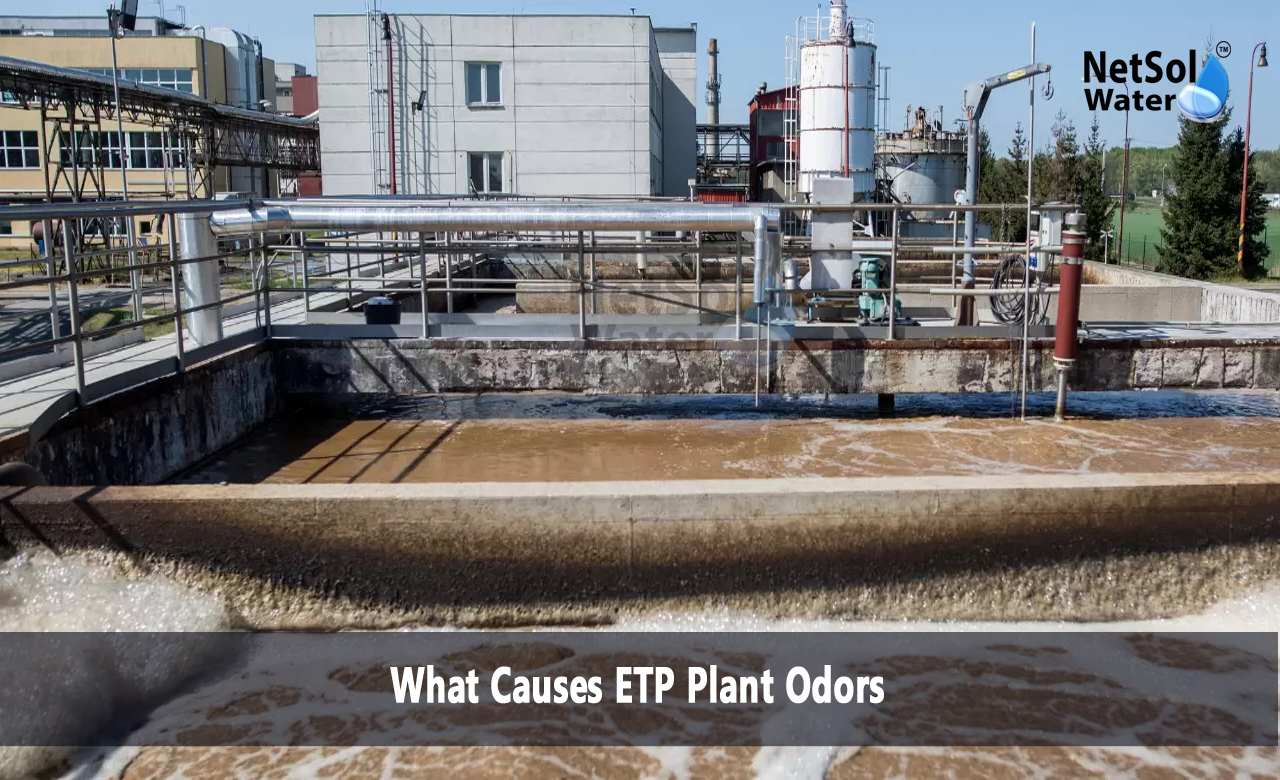What Causes Effluent Treatment Plant Odors?
Effluent Treatment Plants deal with industrial waste water and clean it before releasing it into the environment. Even though they help maintain a cleaner ecosystem, they tend to smell foul from time to time. Not every ETP facility emits foul smells, but when they do, residents in the vicinity and workers have every right to be aggrieved. To make practical approaches to this problem, it is important to analyze the root cause of these smells.
Why Do ETP Plants Smell?
ETP plants deal with industrial wastewater that contains organic compounds, chemicals, and other contaminants. The wastewater carries chunks of organic matter that go through different filtration processes. These processes encompass physical, chemical, and biological elements. If these processes are too low in effectiveness, offensive smells can develop as a side effect. The most common reasons for offensive smells include decomposition of organic matter, malfunctioning plants, and chemical reactions.
Common Reasons ETP Plants Discharge Odors
· Presence of Hydrogen Sulfide Gas: One of the most frequent causes of disagreeable odors arising ETPs is the presence of hydrogen sulfide gas. Anaerobic digestion from organic material breakdowns without oxygen produces a gas and one of its byproducts is Hydrogen sulfide gas. If the system contains hydrogen sulfide gas, it will give off a rotten egg smell.
· A deficiency of oxygen: During the treatment process, the absence of oxygen support lacks, leading to the emission of various physical smells. Anaerobic conditions allow bacteria to break down organic matter resulting in the release of sulfur-rich gasses such as hydrogen sulfide and methane. Fighting these odors require an aerated system.
· Poor Sludge Management: Odors arise from how Sludge is improperly stored and manipulated. When sludge is not managed or removed on the onset of ventilation, it begins anaerobic decomposition, leading to odors. Adjusting the time intervals of sludge management and employing correct storage techniques can somewhat minimize this issue.
· Chemical Reactions: Certain chemicals used in the treatment process might interact with organic matter and produce smells. For example, it is possible to produce hydrogen sulfide from sulfate additions in an anaerobic treatment process. Chemical usage can be managed and capped to control the problem.
· High Organic Load: The higher the organic materials supplied to the ETP, the higher the chances of exceeding the system limits to treat the supplied waste. This causes an increase in the level of organic matter decomposition and the amount of odorous substances formed. Proper balancing the load directly supplied to the plant minimizes the chances for smoother operation and odor formation.
· Equipment in Malfunction: Deterioration of equipment such as aerators, pumps, or mixers can lead to the improper oxygenation and the creation of anaerobic conditions. Scheduled maintenance and checks on equipment are necessary to determine that the system is operating properly and without any unfavourable smells.
· Insufficient ETP Ventilation: Restrictive procedures in ETP management effectiveness may treat odorsaccumulations and their increase in frequency. Correct furnishing of the premises facilitates gas steam and concentration of smells reduction.
· Fluctuating Temperature Regions: An increase in temperature may expedite the breakdown of organic substances and thereby increase the production of offending gases. It can stem from seasonal changes or heat produced in processes. Within the plant, temperature controlling systems can further reduce such issues.
Conclusion
In most cases, ETP plant smells indicate that there are problems within the treatment processes. By tackling the causes of these problems—it could be anaerobic conditions, poor sludge treatment, or broken equipment—those smells can be avoided or eradicated. Maintenance and chemical treatment, together with suffucient aeration and ventilation, are the simple ways to be free of troublesome ETP plant smells while keeping it and its components in working order.
Do you need an advice or assistance on selecting the best water and waste water treatment unit? We have solutions for all your problems!
Let us know your problem, our experts will make sure that it goes away.
For an assistance or related query,
Call on +91-965-060-8473 Or write us at enquiry@netsolwater.com



